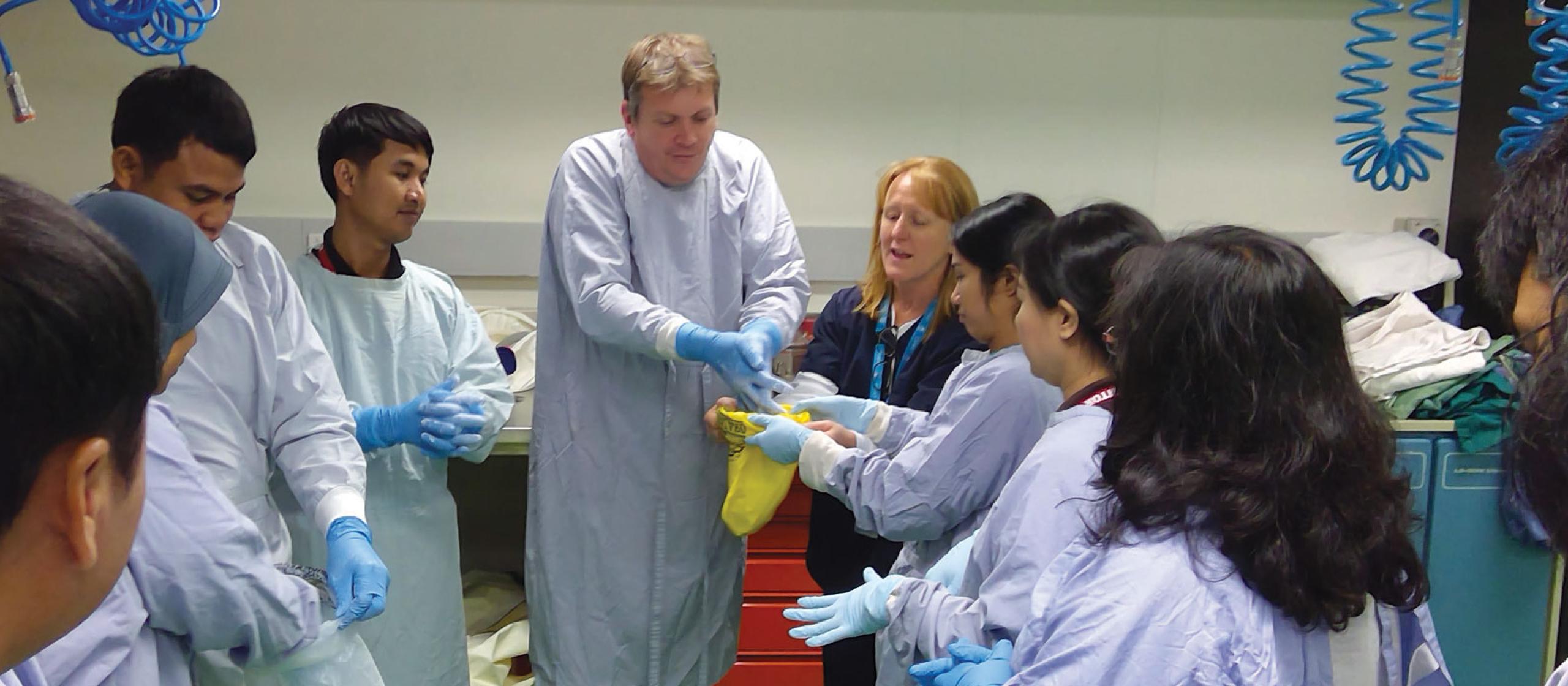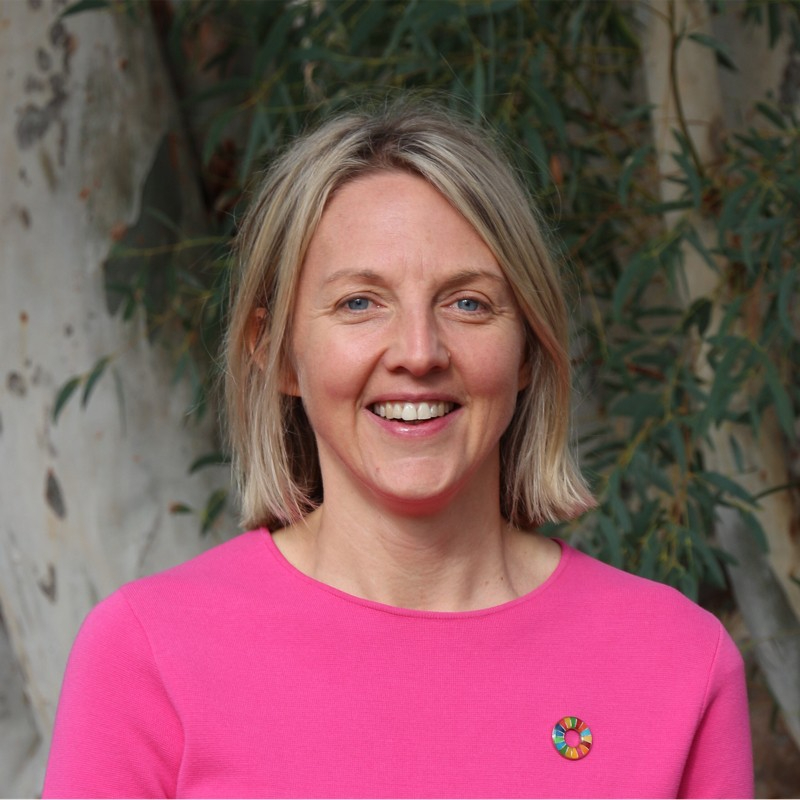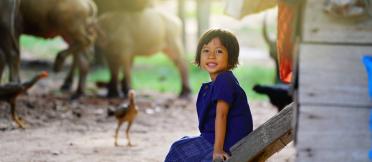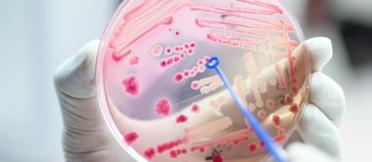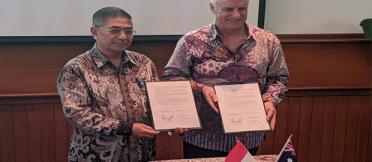By Australia’s Ambassador for Regional Health Security Dr Stephanie Williams, on behalf of the Indo-Pacific Centre for Health Security
The natural environment, production systems, the urban environment, and human health and wellness are interlinked. As one example, climate change is impacting biodiversity, increasing temperatures, altering water systems and animal behaviour, and increasing the intensity of environmental disasters. These impacts threaten livelihoods, food security and health systems, and are likely to influence the emergence, resurgence and distribution of infectious diseases around the world.
One Health is a unifying approach that aims to sustainably balance and optimise the health of people, animals and ecosystems.
Appropriate biosecurity measures are an important way to prevent diseases spreading through the environment and between animals and humans. These measures are particularly needed on farms and in animal and human health laboratories.
